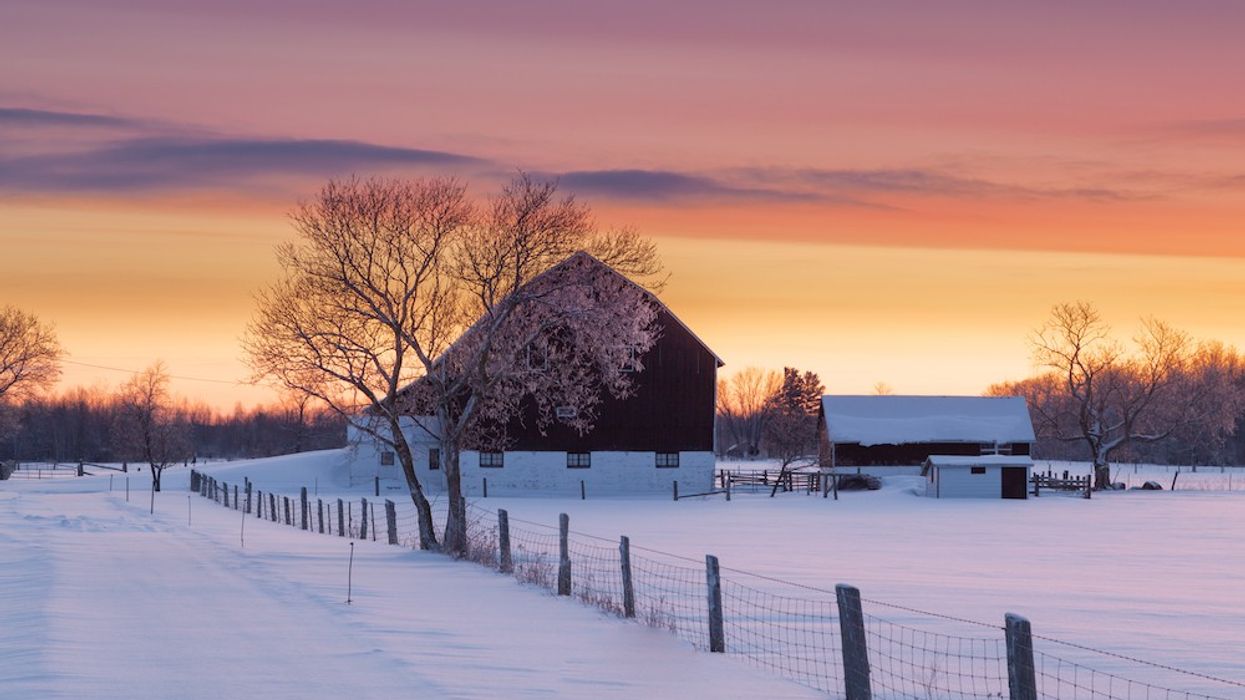The first thing to understand about Doug Ford’s decision to release 7,400 acres of the Greenbelt for development is that it has nothing to do with solving the affordable housing crisis.
Despite what the premier wants us to think, that’s not what it’s about.
The second thing to understand is that available land has never been the issue; neither have municipal approvals, development fees, or even zoning regulations for that matter. Yes, each could be altered to help smooth the process, but the real problem is money, specifically, the lack of public money to build enough affordable housing to make a difference.
The premier’s fateful move to open up sections of the Greenbelt is part of his obvious, though largely unarticulated, scheme to pave the way for more sprawl. To facilitate this, Ford has been embarking for several years on a program that includes new highways and bypasses, scrapping licence-plate stickers, cutting gas taxes and increasing speed limits. Sprawl needs cars, of course, as well as cheap fuel, parking lots and plenty of space.
READ: Bradford Bypass Officially Breaks Ground with Construction of New Bridge
With his incursion into the Greenbelt, the last piece of Ford’s plan has fallen into place. Now that he has opened huge swaths of protected land, his developer enablers have free reign to continue doing what they’ve been doing since the 1950s, speed-building cookie-cutter housing.
Let’s not forget that the Greenbelt is something that Doug Ford is incapable of grasping. To him, it’s simply an empty landscape, unused real estate, an asset awaiting monetization. The idea that leaving such a vast expanse in its “natural” state is utterly foreign, even offensive, to his way of thinking. For Ford, if one highway is good, two are better. And what the late Fred Gardiner called “multiplication by subdivision” is how cities grow and prosper.
To be fair, Ford is not alone in his belief. Many agree with him that Canada needs more cars, more freeways and definitely more parking spots. There are Torontonians who still lament Premier Bill Davis’ 1971 decision to kill the network of urban highways of which the Gardiner Expressway was just one element. That might be an unfashionable opinion today among the cognoscenti, but let’s be honest; Canadians have never been so dependent on their cars. Though we are repeatedly told that 80% of Canadians live in cities, in fact, two-thirds of Canadians make their homes in suburbia.
Doug Ford simply wants more of that. Sprawl will be more costly and damaging than building in places where the necessary infrastructure already exists, but who cares? The growing urgency of the climate crisis may make it impossible to justify increased sprawl, but Canadians have never let that get in the way. Nothing the know-it-all downtown elites say can sway those who will eventually inhabit the suburban neighbourhoods with which Ford’s buddies will cover much of the Greenbelt.
The province could set controls over residential densities, land use zoning, public transit, parking minimums and the like. But that wouldn’t sit well with the builders who will be doing the work – and making the money, lots and lots of money.
And so we have to ask: Is Doug Ford governing from behind a veil of lies or pandering to an obvious if inconvenient truth about Ontarians? Are we really the urban nation we like to think we are, or a chaotic patchwork of cul-de-sacs?
Perhaps the truth lies somewhere between the two. Regardless, the sprawl communities that will proliferate thanks to Ford’s policies will quickly sell out. Similarly, drivers will flock to the highways that Ford insists will improve access and relieve congestion though they will fail on both counts.
The more pressing issue is that Ontario can’t afford the cost of both building the infrastructure and the damage it will inflict on the environment. Already, global warming has wreaked havoc on the Great White North, but that’s always someone else’s problem. Just this week, Canada came in an embarrassing 58th out of 63 countries listed in the Climate Change Performance Index at COP27.
Like many politicians before him, Ford leads from the rear. Standing firmly astern of what he calls “Ford Nation,” his populist agenda runs the gamut from “buck-a-beer” programs to his outspoken contempt for the “elite,” or as he has put it, “People that look down on the common folk.”
At a time when “common folk” are finding it harder than ever to put food on the table let alone buy a house, even one on the Greenbelt, Ford’s faith in his base is about to be tested as never before. But with his majority firmly in place, he’s laughing all the way to the showroom.
- Greenbelt Lands Removal Influenced By Developers: AG ›
- 'No Preferential Treatment': Ford Responds to Greenbelt Findings ›
- Clark Won't Resign Amidst Greenbelt Scandal, So What's Next? ›
- Housing Minister Chief Of Staff Resigns Amid Greenbelt Blowback ›
- 'It's Never Been About Housing': Liberal Leader Talks Greenbelt ›
- The Greenbelt Review Is A ‘Pudgy Middle Finger’ To Ontarians ›
- STOREYS' 2023 Real Estate Issue Of The Year: The Greenbelt ›





















